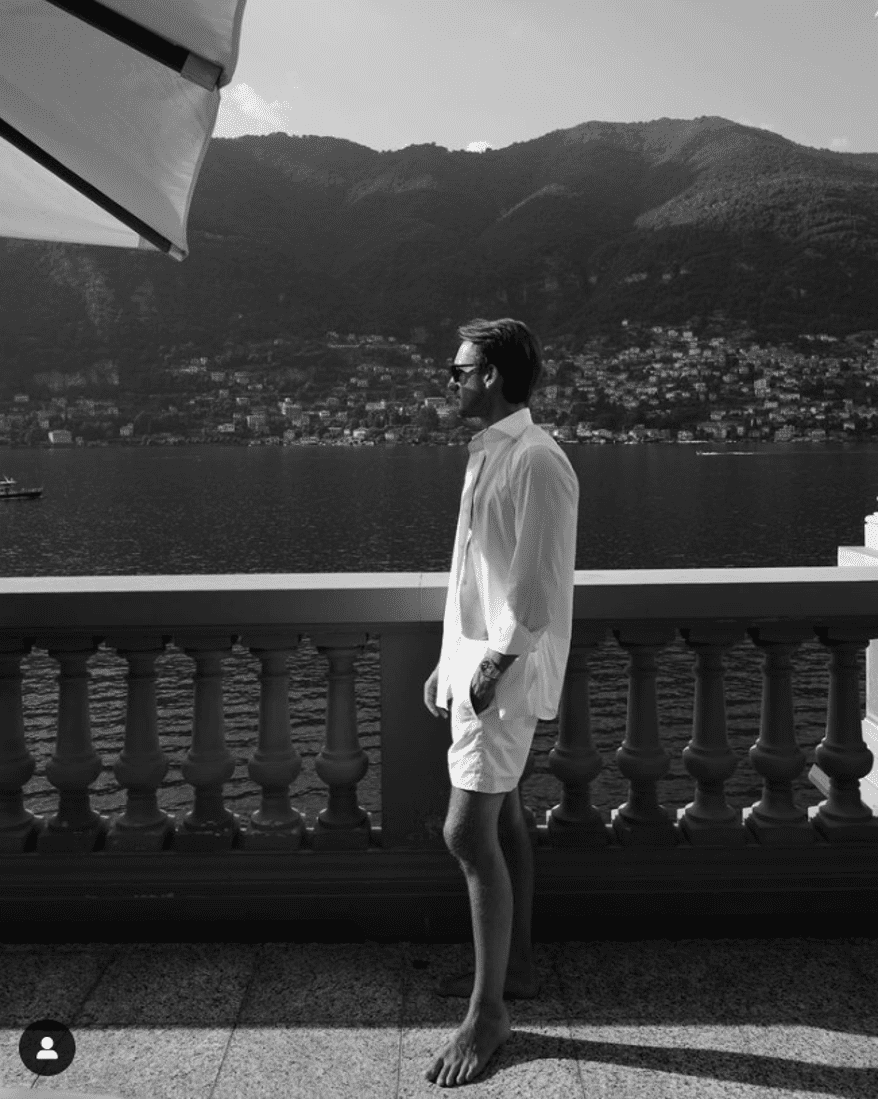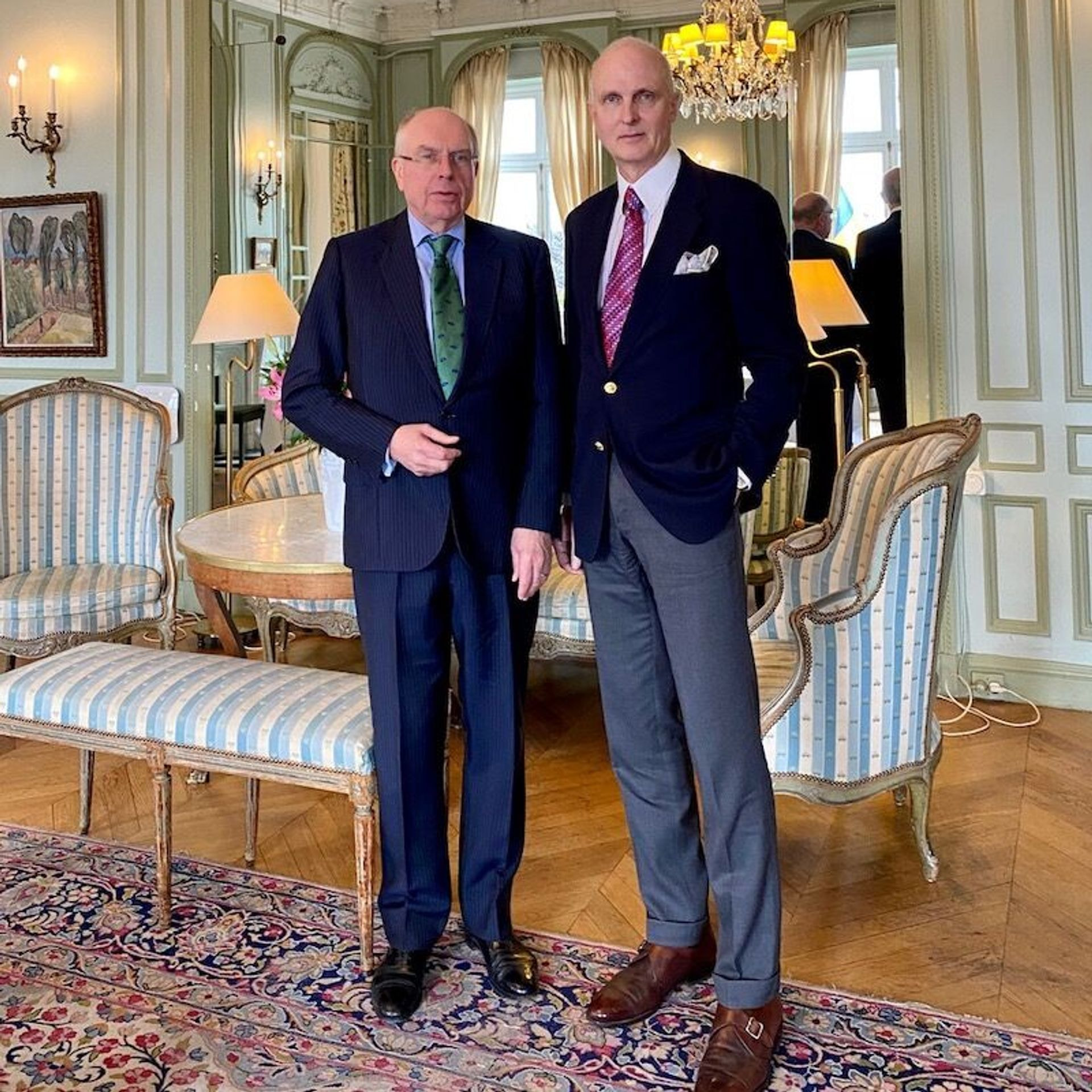Top ten reasons you should dress like "Old Money"
Dress traditionally. Keep the hairstyles simple.

Article contribution by Byron Tully
Photo: Andrea Riom (credit: @andreariom)
I constantly encourage people, in conversation to adopt the Old Money style of dressing. Why? First, it’s an easy, affordable step to take on the road to becoming an OMG (Old Money Gal or Old Money Guy.) Second, it begins to create distance between you and the retail advertising merry-go-round that constantly promotes the “latest style”, “what’s trending”, and “this season’s must-have’s”.
The latest Old Money style has been trending, season after season, since the 1950’s, without much change, as you’ll note in the photo below from the Ivy Style blog. Young men today could be clad in these same garments and still be considered well-dressed. Actually, some are. (Wink, nod.)
There are other reasons to adopt the Old Money style of dressing. Conveniently, they seem to have arranged themselves into a TOP TEN LIST.
Here we go:
1. Old Money Style is a value…although it may not always be cheaper. To dress like Old Money, you choose traditional, quality clothing and shoes that will endure both the whims of fashion, frequent use, and the passage of time. That means you buy fewer items of generally greater quality than most consumers. OMG’s spend money on their shoes. Well-made shoes, with proper care, can last a lifetime. So it’s a good investment. The same goes for your articles of clothing. I recommend Mercer and Sons shirts, Allen Edmonds shoes, and Brooks Brothers for a navy blazer and khakis. Smart purchases from these vendors will get you started and keep you going for decades.
2. It reflects a set of values. I’ve discussed in other posts on this blog how we dress to impress others as well as to designate our membership in, or desire to be a member of, a certain social “tribe”. Dressing like Old Money, i.e., wearing traditional garments without drawing unwarranted attention to yourself tells others that you are, or aspire to be, a member of the Old Money tribe. That’s not a bad thing when it comes to presenting an image to potential employers or potential in-laws. To put it more bluntly: you may not be reliable, trustworthy, professional, or competent, but you might get ahead dressing like you are. Just a thought.
3. It’s polite. These uncertain economic times. Many people are having a challenging time getting an education, paying for that education, finding a job, keeping a job, feeding their family, and saving enough money for retirement. Do they really need you to fling the bling in their face? No, they don’t. Dressing ostentatiously creates resentment, and it doesn’t really impress anybody worth impressing.
4. It’s a no-brainer. Some people, many of whom seem to be Italian or French for some reason, have a natural finesse, a care-free elegance with clothing. They easily and instantly throw an outfit together and look great. If you’re not one of those people, and most of us are not, then it’s best to bet on the go-horse and forget the show-horse. Stick with the basics. I’ve outlined them in detail in the How Old Money Does It section of The Old Money Book.
5. No embarrassing photos ten years later. Every decade has its fashion debacles. Don’t be a victim. Dress traditionally. Keep the hairstyles simple. Easy on the mascara. It will spare you pain and suffering later on.



